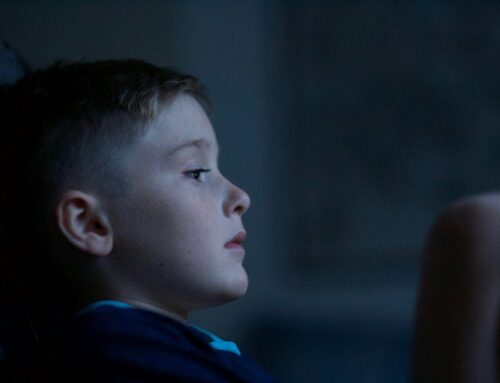If you suspect that your child might be struggling with a learning, social-emotional or developmental disorder, a neuropsychological assessment could be an illuminating experience. However, if you’ve never had the experience before, it may seem a little intimidating. What all goes into the assessment? What can you expect, from the questions you might be asked to how much of your day it will take up?
It’s a good idea to research and be prepared before you come in for the assessment, and to contact your neurobehavioral specialist with any questions.
Goal of the Assessment
The goal of a neuropsychological assessment is first to provide a differential diagnosis to give you and your child an idea of what the underlying issue(s) might be. From there, the assessment helps to pinpoint your child’s strengths as well as their weaknesses. Ideally, the assessment will help you and your child figure out the best way for him or her as an individual to learn or develop at the best pace. Assessments may seem intimidating at the outset, but really they’re just the opposite. They shed light on the neuropsychological areas of need, helping you to understand them and your child more fully.
What to Expect
Neurobehavioral testing is an in-depth process for both the child and their family. The neuropsychologist will offer standardized tests to the child to get a sense of their cognitive ability, academic achievement, language, fine motor skills, verbal and visual learning, memory skills, attention and concentration, executive function skills, and social/emotional functioning. The neuropsychologist will also interview the family to get a clearer context through a behavioral checklist and information about neurodevelopmental history.
About 3 or 4 weeks after the testing, the neuropsychologist will meet with the child’s family for a 90-minute session to share the results and any diagnoses or recommendations. Parents will then go home with both a written and digital report explaining all the findings.
How to Prepare
Because neuropsychological testing can take several hours, make sure to clear your schedule for the day. Ensure that your child is wearing comfortable clothes and has eaten beforehand. Snacks can be provided during the testing, but it’s a good idea to eat beforehand as well. If your child takes any medications, make sure to bring them along so that they can take them as scheduled, as well as bring a list of current medications and dosages. If they wear glasses, even reading glasses, bring them along.
Know that any questions that the neuropsychologist may ask about your child’s behavior or neurodevelopmental history is to get a clear and comprehensive picture of your child’s neurobehavioral profile. Answer honestly and thoroughly and encourage your child to do the same. Keep in mind, too, that this is not a pass or fail assessment, but merely an attempt to figure out the way your child thinks, learns, and functions.
Ultimately, a neuropsychological assessment can help your child improve in school as well as better manage any weaknesses in order to enjoy a higher quality of life. Neurobehavioral experts who conduct the assessments are committed to providing the clearest picture of your child’s neurobehavioral health and helping to embrace your child’s own unique neurodevelopment.





